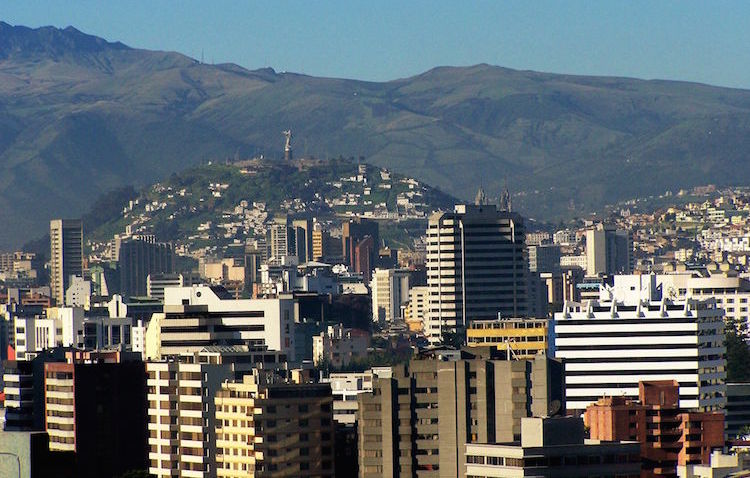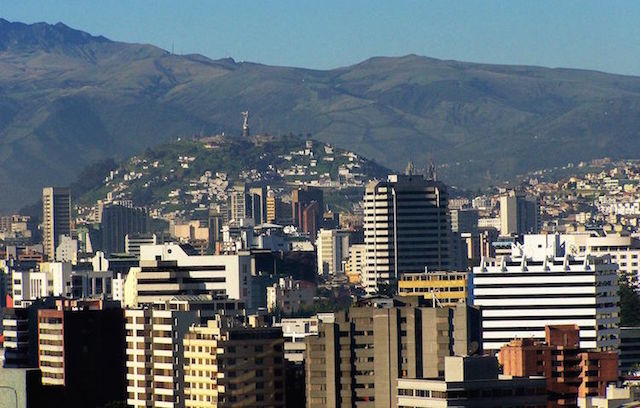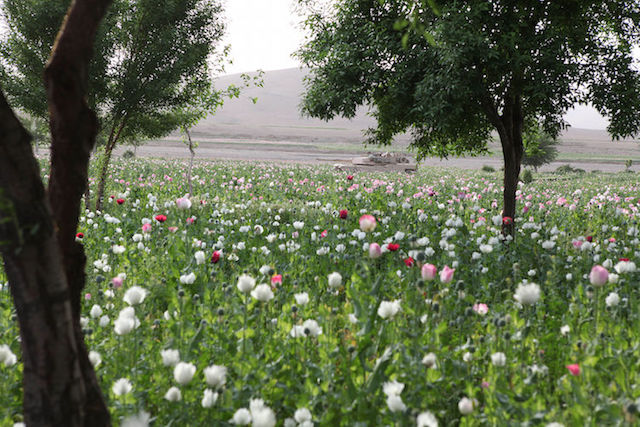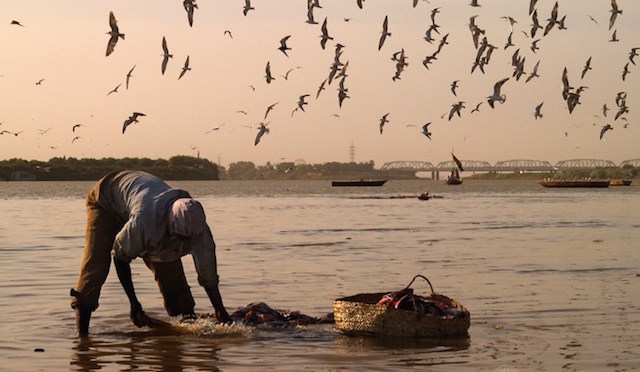By Kalinga Seneviratne* | IDN-InDepthNews Analysis
This article is the fifth in a series of joint productions of Lotus News Features and IDN-InDepthNews, flagship of the International Press Syndicate.
SINGAPORE (IDN | Lotus News Features**) – China would like to project the release of Mekong River waters from its dams in March to “assist” drought-stricken farmers and fisheries further downstream, especially in Vietnam, as a magnanimous gesture from a friendly neighbour. But that action is in fact the reflection of a greater environmental and political crisis that is brewing in the region.










